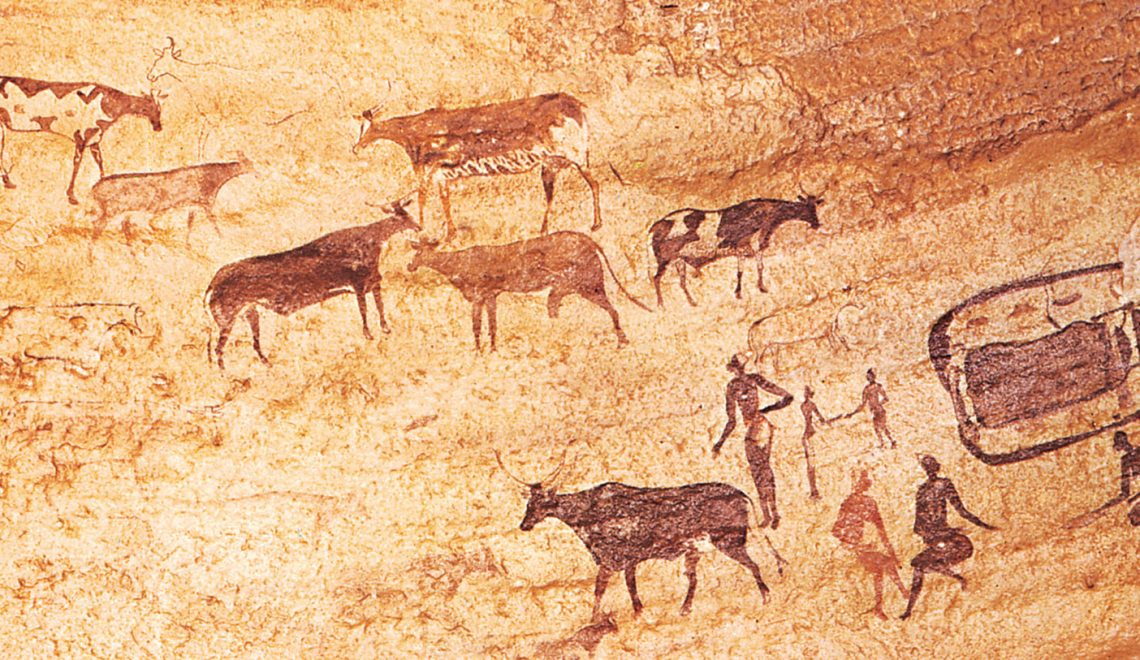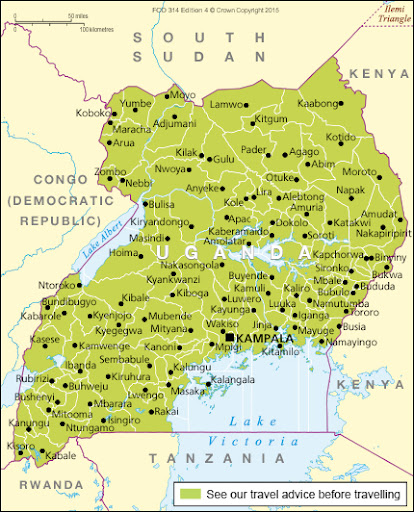
Land is a topic in which everyone has an interest and an opinion to boot. Politicians understand this and use our lack of context to arouse tempers and inflame egos. While we cannot stop them ranting, we can have a more nuanced and erudite perspective on the matter.
According to the timeline of history, planet earth formed or was created about 4.5 million years ago depending on what you believe. Man evolved about 2.5 million years ago and spread throughout Africa and Eurasia about 2 million years ago. It was not until about 300,000 years ago that man discovered fire.
Fire is important because it enabled man to begin creating settlements and live in groups. The earliest groups were still hunter foragers who lived in small groups and roamed the wild spaces freely depending on the availability of water and food. The agricultural revolution which occurred about 12, 000 years ago enabled man to domesticate plants and animals. This is when man began to live in large settlements. The development of languages and stories enabled man to create imagined orders in these settlements and design hierarchies for the exercise of control and dominion over members of the group and land.
What is the point of all of this? First is that since the beginning of the big bang or creation, there has been a finite amount of land which was mostly unsettled and belonged to nobody. However as man tamed the environment and begun to live in communities, he started to become territorial and lay claim to tracts of land. It is only around 4,250 BC that the first recorded Empire is recognized as having existed. In these imagined orders, some enjoyed privilege and others suffered discrimination and oppression. Some of the ridiculous social constructs of the time include the Hammurabi Code, which is ridiculous today. Since man started living in communities, he has continued to create imagined orders (laws) to establish hierarchy over others. Every hierarchy claims to be natural and inevitable.
These social constructs have led to wars over ideas like God and land and resulted in the establishment of empires. The conquerors have in turn created new laws that favour their appropriation of large land tracts. Until about 200 years ago, land was a very important factor of production. This was the time of the industrial revolution when communities were replaced by the state and markets. Today as I write, man has transcended boundaries of planet earth and our existence is increasingly shaped by ideas and intelligent design.
In today’s fifth industrial revolution, an increasing number of people regularly work remotely and menial administration is performed by machines. By 2050, 68% of the world’s population will be urban. Land (as opposed to nation states) is therefore no longer as important as it was say fifty years ago in developed societies. Agrarian existence is dying out at a fast pace because of industrialization of the process of food production.
In between when earth came into existence and about 500 years ago, most of the world’s land mass belonged to nobody in particular. Then man started a new mass migration movement that enabled the privileged to write laws to allocate land to themselves, and create groups of disenfranchised humanity. However as agriculture becomes more mechanized/sophisticated, it is equally becoming less economically feasible to eke a living as cultivators. That is why the majority of people in Sub Saharan Africa are poor – they are still bound to the land. Transformation will only come from technological and economic emancipation.
Because of the intractable laws of nature and economics, there will always be landed and landless classes, rich and poor people. It is therefore sly and cunning for one to suggest that a simple rewriting of social constructs to give land to one disenfranchised group will redress the inequitable processes of history. But then again, if the gods want to destroy you, they will first imbue you with a tinge of madness.
Samuel Sejjaaka is Country Team Leader at Mat Abacus Business School. Twitter @samuelsejjaaka



